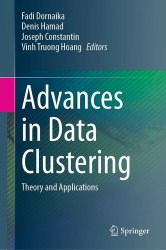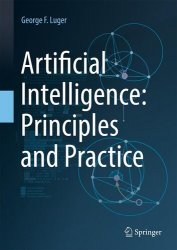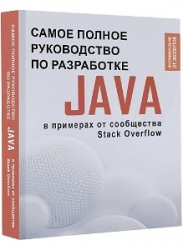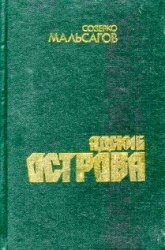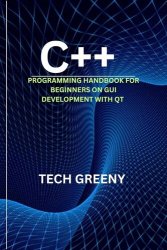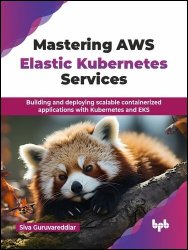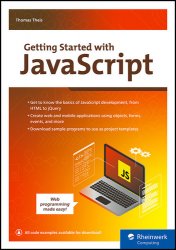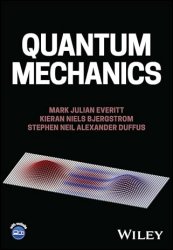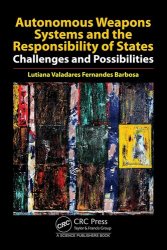 Название: Autonomous Weapons Systems and the Responsibility of States: Challenges and Possibilities
Название: Autonomous Weapons Systems and the Responsibility of States: Challenges and PossibilitiesАвтор: Lutiana Valadares Fernandes Barbosa
Издательство: CRC Press
Год: 2025
Страниц: 256
Язык: английский
Формат: pdf (true)
Размер: 10.1 MB
The contemporary landscape of armed conflict is undergoing a profound transformation, marked by the escalating integration of Artificial Intelligence (AI) and Autonomous Weapons Systems (AWS) into military arsenals. This book reviews whether the existing framework in place can effectively address breaches in the context of Autonomous Weapons Systems. The work endeavors to map out the main gaps and some possible approaches to address them. Part I sets the ground. First, it provides a concept of AWS. Next, it discusses the accountability gap AWS generate and shows how the international community has put far more emphasis on individual responsibility rather than state responsibility. Part II analyzes the challenges AWS pose to the regime governing state responsibility under international law, as codified in the Draft Articles on State Responsibility (ARSIWA). In this regard, it discusses attribution, breach of an international obligation, tempus comissi delicti, multiple states involved in a breach, force majeure, assurance of non-repetition, issues related to damage, the human-machine interaction and its impacts on state´s responsibility, responsibility for not using AWS, weapons review and the duty of due diligence. Part III summarizes the challenges discussed in part II in thirteen issues of concern and presents possible pathsde lege ferenda to address each of those issues, mainly a paradigm shift in attribution and strict liability, among seven other more specific proposals. The conclusion reached is that the current regime on the international responsibility of states is insufficient to deal with the new challenges AWS pose. De lege ferenda, the book argues for following the paths suggested in part III. It also reflects on parts II and III's findings and how many of AWS's challenges to state´s responsibility apply to other autonomous devices. Therefore, through the case study of AWS, this work also opens the broader discussion of the gaps in the international responsibility of states regarding autonomous device misdoings.
Slijper, Beck and Kayser, affirm that “Lethal autonomous weapon systems are weapons that can select and attack individual targets without meaningful human control. This means the decision on whether a weapon should deploy lethal force is delegated to a machine. This development would have an enormous effect on the way war is conducted and has been called the third revolution in warfare, after gunpowder and the atomic bomb.”
Most of the discussed definitions converge that AWS can select and engage targets without human intervention, can gather and analyze information, and use force autonomously. The Future for Life Institute also envisions autonomy as a task-oriented and explicit AI feature by defining AWS as “weapon systems that use Artificial Intelligence (AI) to identify, select, and kill targets without human intervention.” It is AI that makes AWS’s decision-making process possible because it enables the devices to pursue the entire OODA loop autonomously, especially when analyzing data and opting for a course of action. AI “involves computational technologies that are inspired by – but typically operate differently from – the way people and other biological organisms sense, learn, reason, and take action”. AI is a problem-solving computer program capable of decision-making. It is grounded on inferential reasoning and can solve problems and decide on situations where information is incomplete or uncertain. AI embraces a broad spectrum: from previously programmed rules, which the program chooses based on inference or evaluation of options, to modern programs that operate through Machine Learning and create their scoring formula. In the latter case, programmed rules are not on how to solve a problem but on learning from data.
Скачать Autonomous Weapons Systems and the Responsibility of States: Challenges and Possibilities
[related-news] [/related-news]
Комментарии 0
Комментариев пока нет. Стань первым!



